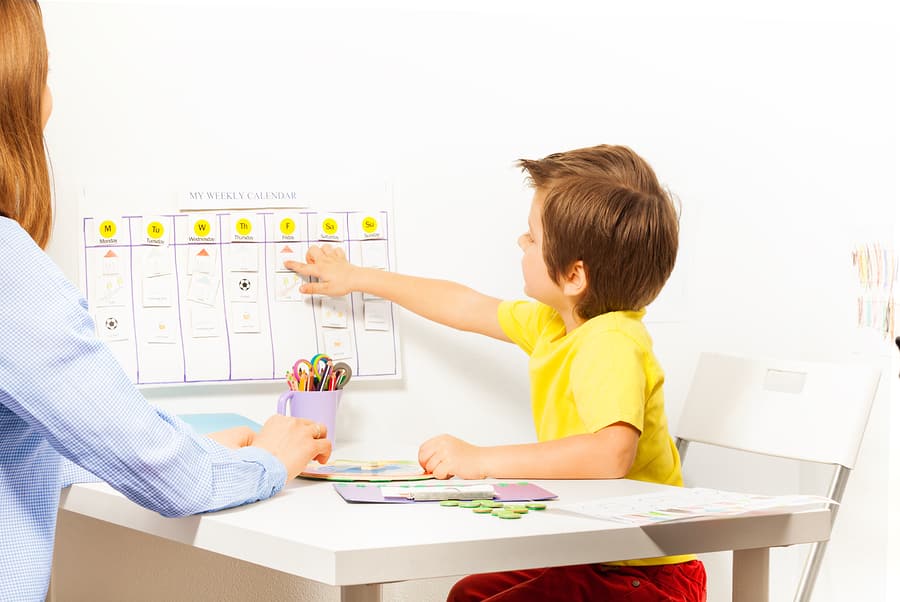Discover the vital role of sensory experiences in child development and simple sensory activities at home during the COVID-19 pandemic.
When COVID-19 Changed Our Lives
When life as we knew it came to a halt due to COVID-19, parents and caregivers suddenly faced new challenges: social distancing, homeschooling, and spending all day with children.
Although overwhelming, this period also presents a golden opportunity to create educational, growth-focused, and fun experiences for children. Even our pets seem confused by all the changes! But amid the chaos, one thing we can control is how children explore the world through their senses.
Adapt and Overcome
Remember: you are not stuck at home – you are safe at home. Maintaining daily routines gives both children and parents a sense of comfort and structure.
Some practical tips:
- Eat well, get sunlight, and exercise
- Keep learning and play routines for children
- Use extra time at home to develop healthy habits
This is where sensory experiences become essential – helping children develop their brains, motor skills, language, social skills, and problem-solving abilities.

What Are Sensory Experiences?
“Sensory” relates to everything children feel with their senses: touch, taste, smell, sight, hearing, balance, and body awareness (proprioception).
From birth, children explore the world through these senses. Many cherished memories are tied to sensory experiences: the smell of a summer campfire or a song sung with a childhood friend. When senses are stimulated, children recall these memories and feelings.
Sensory Play – Learning Through Fun
During COVID-19, ask yourself: “Are the activities we do truly benefiting my child’s growth and mental health?”
Sensory play can be done with everyday household items:
- Cooking together – explore smells, tastes, and textures
- Gardening – feel the soil, smell the plants, watch growth
- Water play – bath or water bins help calm and ground children
- Building with Lego or blocks – enhance body awareness and problem-solving
- Movement games – jumping, climbing, pillow play release energy and regulate emotions
These activities help balance the sensory system, supporting memory, attention, and other executive functioning skills.
Preparing Children for the Return to School
When schools reopen, children will transition from home-based learning to structured classroom environments. Skills developed through home sensory play help them:
- Focus and maintain attention
- Switch between tasks smoothly
- Regulate emotions and behavior
Organize, Adapt, and Overcome
COVID-19 gives parents and children a chance to grow together. Beyond academics, focus on:
- Creating a home rich in sensory experiences
- Encouraging life skills through playful activities
- Building lasting family memories
Sensory experiences are more than just play – they are essential tools for children’s development and happiness during the COVID-19 pandemic.
ZANDRI BYLEVELDT



